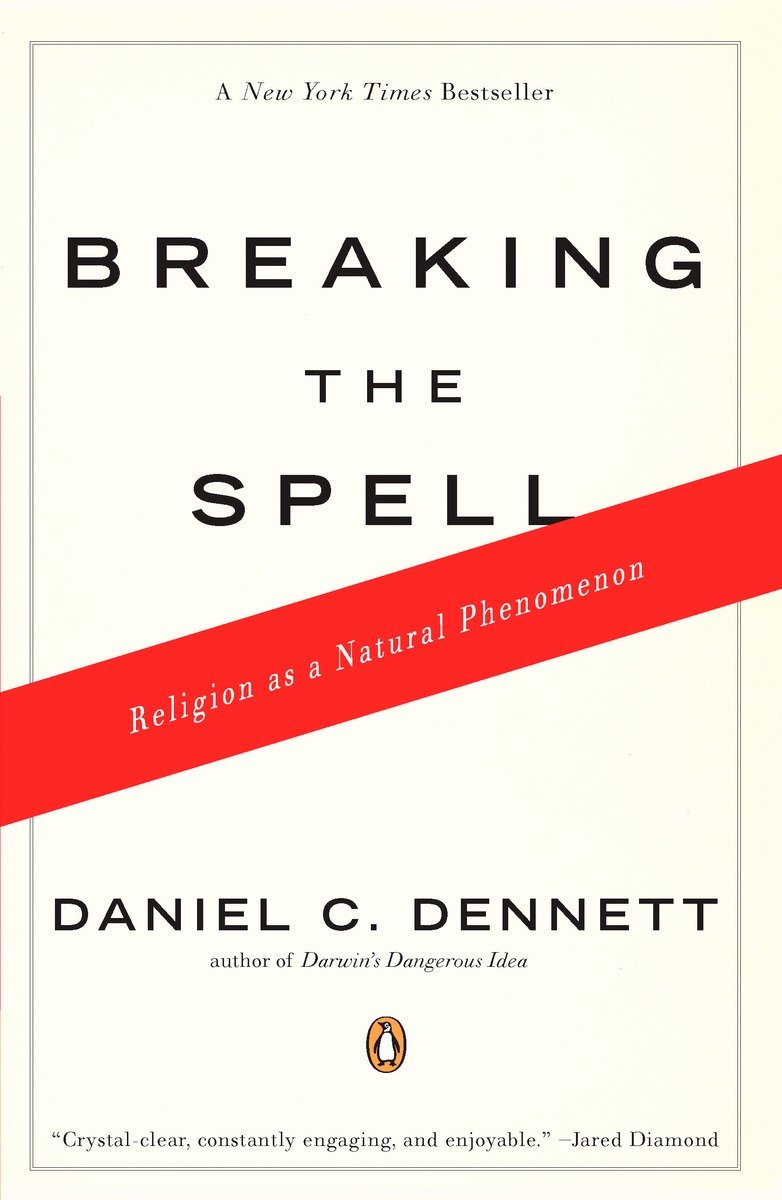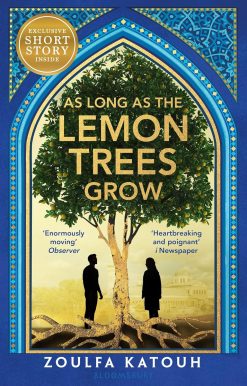Religion as a Natural Phenomenon: Breaking the Spell
20.00 JOD
Please allow 2 – 5 weeks for delivery of this item
Description
The New York Times bestseller – a “crystal-clear, constantly engaging” (Jared Diamond) exploration of the role that religious belief plays in our lives and our interactionsFor all the thousands of books that have been written about religion, few until this one have attempted to examine it scientifically: to ask why—and how—it has shaped so many lives so strongly. Is religion a product of blind evolutionary instinct or rational choice? Is it truly the best way to live a moral life? Ranging through biology, history, and psychology, Daniel C. Dennett charts religion’s evolution from “wild” folk belief to “domesticated” dogma. Not an antireligious screed but an unblinking look beneath the veil of orthodoxy, Breaking the Spell will be read and debated by believers and skeptics alike.
Additional information
| Weight | 0.425625 kg |
|---|---|
| Dimensions | 2.5908 × 13.9192 × 21.4122 cm |
| by | |
| Format | Paperback |
| Language | |
| Publisher | |
| Year Published | 2007-2-6 |
| Imprint | |
| Publication City/Country | USA |
| ISBN 10 | 0143038338 |
| About The Author | Daniel C. Dennett is University Professor, professor of philosophy, and co-director of the Center for Cognitive Studies at Tufts University. His books include From Bacteria to Bach and Back, Freedom Evolves, Consciousness Explained and Darwin’s Dangerous Idea, a finalist for the National Book Award. |
"Ambitious . . . an accessible account of what might be called the natural history of religion."–The New Yorker"How would a visitor from Mars dispassionately explain human religion? . . . My guess is that the result would be something like this crystal-clear, constantly engaging, and enjoyable new book."–Jared Diamond, Pulitzer Prize–winning author of Guns, Germs, and Steel and Collapse"Rich and rewarding . . . the main business of the book is to give a scientific account of how religion may have developed among creatures such as us. . . . The product of an extremely bright mind." –San Francisco Chronicle"An elegant, sharp-minded essay on the need to study religion in a dispassionate way." –The Economist"Penetrating . . . a sharp synthesis of a library of evolutionary, anthropological and psychological research on the origin and spread of religion." –Scientific American |
|
| Table Of Content | Breaking The SpellPrefacePART I: OPENING PANDORA'S BOX1. Breaking Which Spell?1. What's going on?2. A working definition of religion3. To break or not to break4. Peering into the abyss5. Religion as a natural phenomenon2. Some Quesions About Science1. Can science study religion?2. Should science study religion?3. Might music be bad for you?4. Would neglect be more benign?3. Why Good Things Happen1. Bringing out the best2. Cui bono?3. Asking what pays for religion4. A Martian's list of theoriesPART II: THE EVOLUTION OF RELIGION4. The Roots of Religion1. The births of religions2. The raw materials of religion3. How Nature deals with the problem of other minds5. Religion, the Early Days1. Too many agents: competition for rehearsal space2. Gods as intersted parties3. Getting the gods to speak to us4. Shamans as hypnotists5. Memory-engineering devices in oral cultures6. The Evolution of Stewardship1. The music of religion2. Folk religion as practical know-how3. Creeping reflection and the birth of secrecy in religion4. The domestication of religions7. The Invention of Team Spirit1. A path paved with good intentions2. The ant colony and the corporation3. The growth market in religion4. A God you can talk to8. Belief in Belief1. You better believe it2. God as intentional object3. The division of doxastic labor4. The lowest common denominator?5. Beliefs designed to be professed6. Lessons from Lebanon: the strange cases of the Druze and Kim Philby7. Does God exist?PART III: RELIGION TODAY9. Toward a Buyer's Guide to Religions1. For the love of God2. The academic smoke screen3. Why does it matter what you believe?4. What can your religion do for you?10. Morality and Religion1. Does religion make us moral?2. Is religion what gives meaning to your life?3. What can we say about sacred values?4. Bless my soul: spirituality and selfishness11. Now What Do We Do?1. Just a theory2. Some avenues to explore: how can we home in on religious conviction?3. What shall we tell the children?4. Toxic memes5. Patience and politicsAppendixesA. The New Replicators?B. Some More Questions About ScienceC. The Bellboy and the Lady Named TuckD. Kim Philby as a Real Case of Indeterminacy of Radical InterpretationNotesBibliographyIndex |
Only logged in customers who have purchased this product may leave a review.






Reviews
There are no reviews yet.